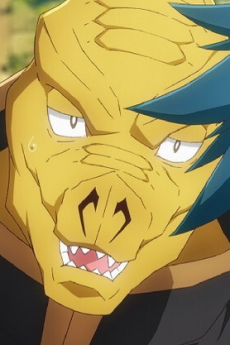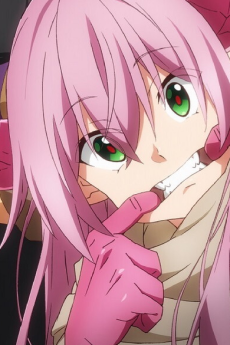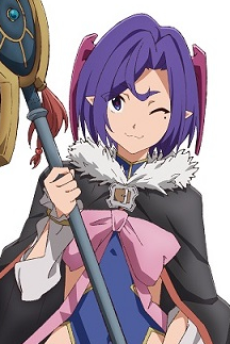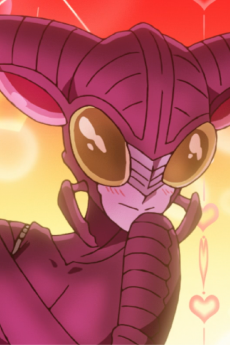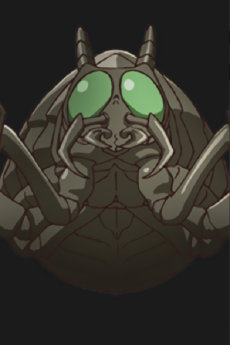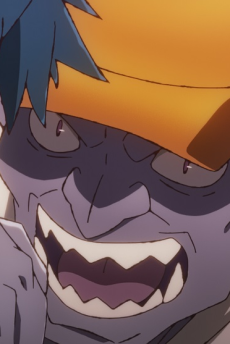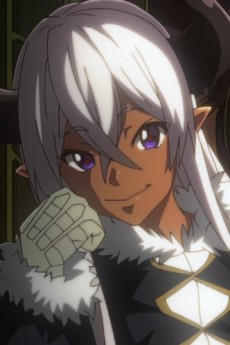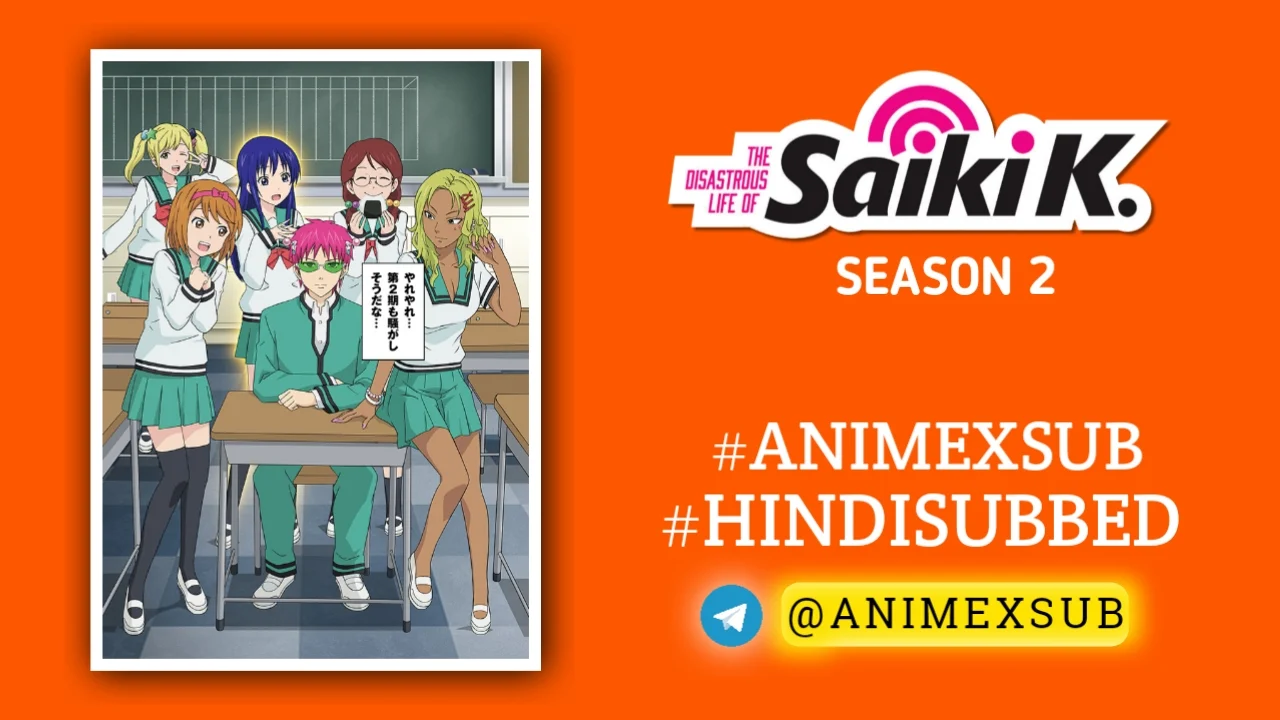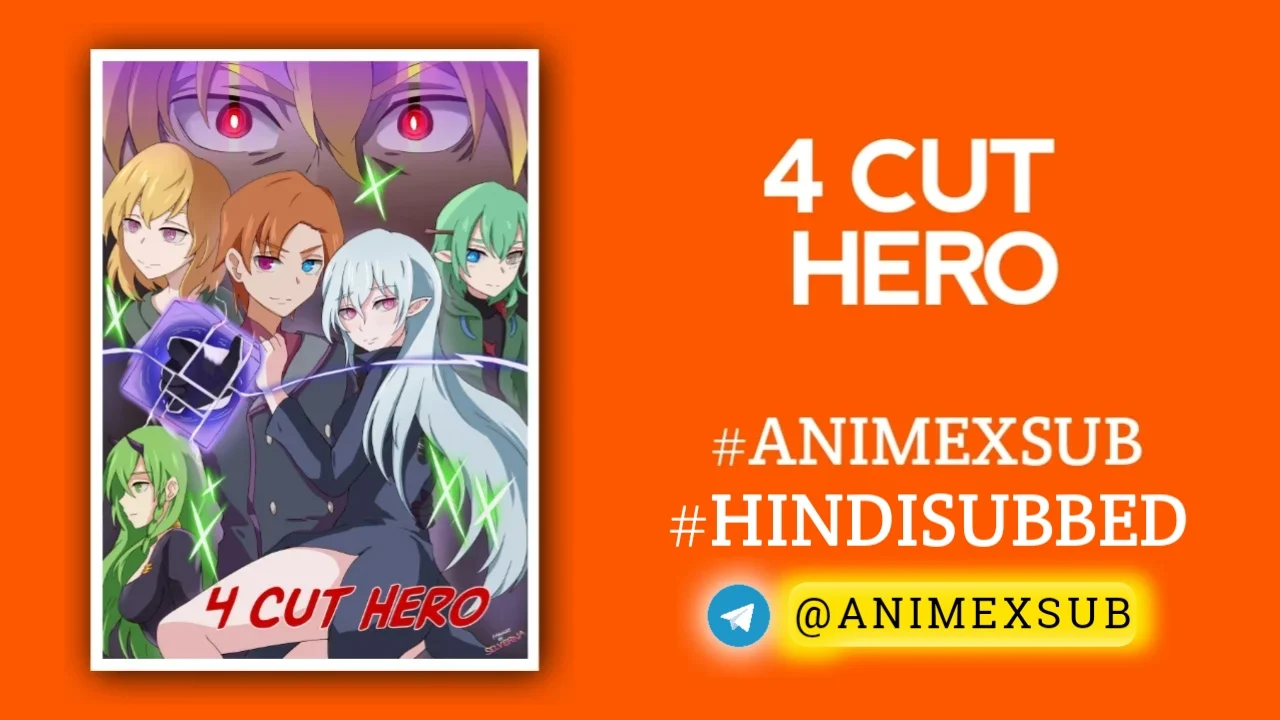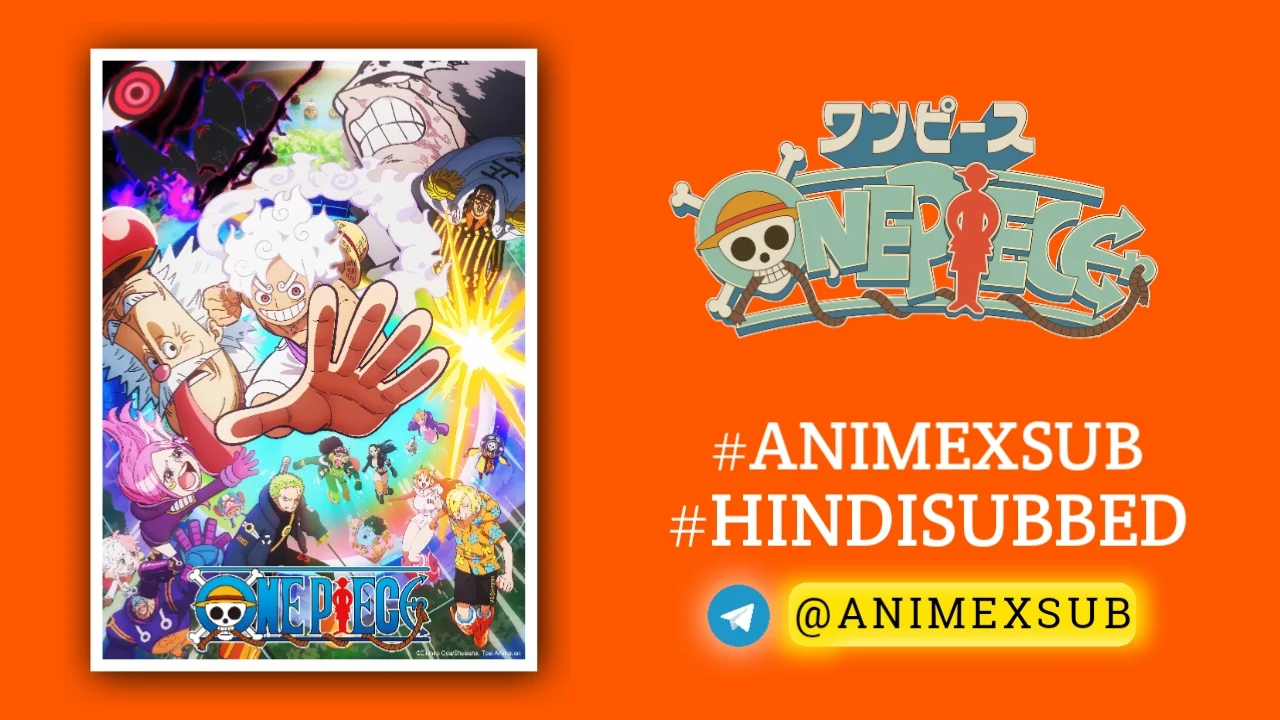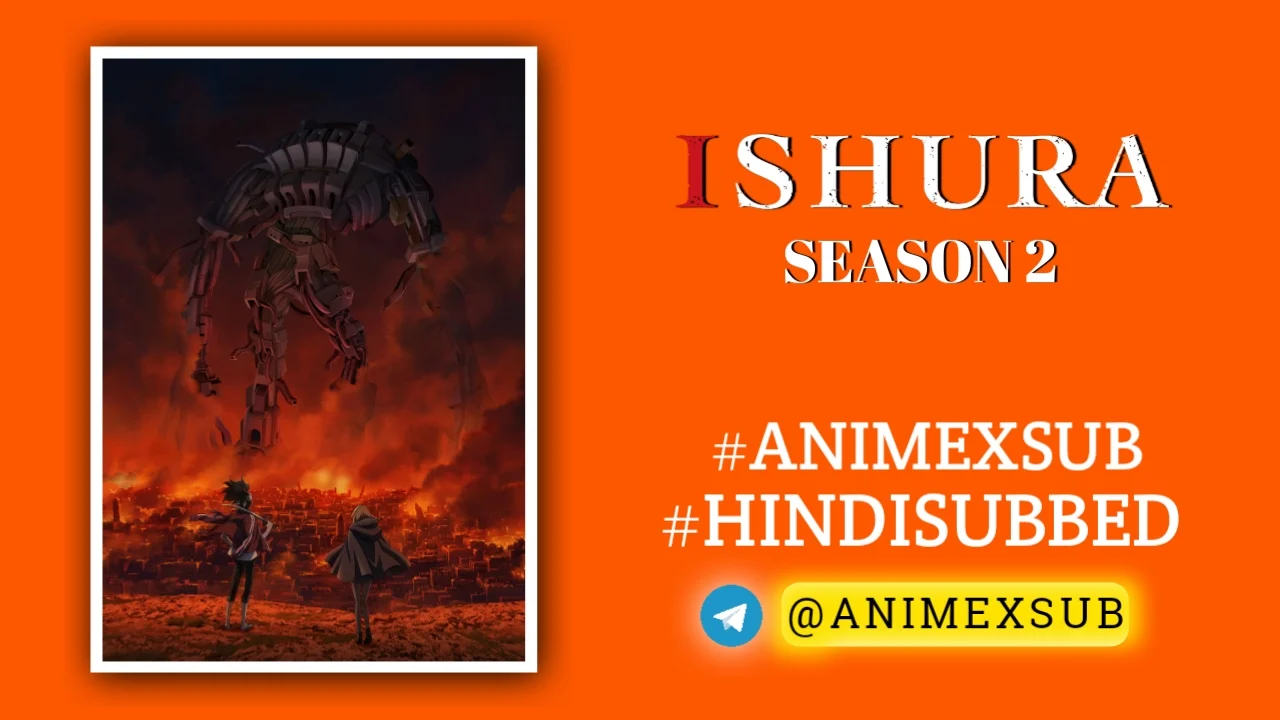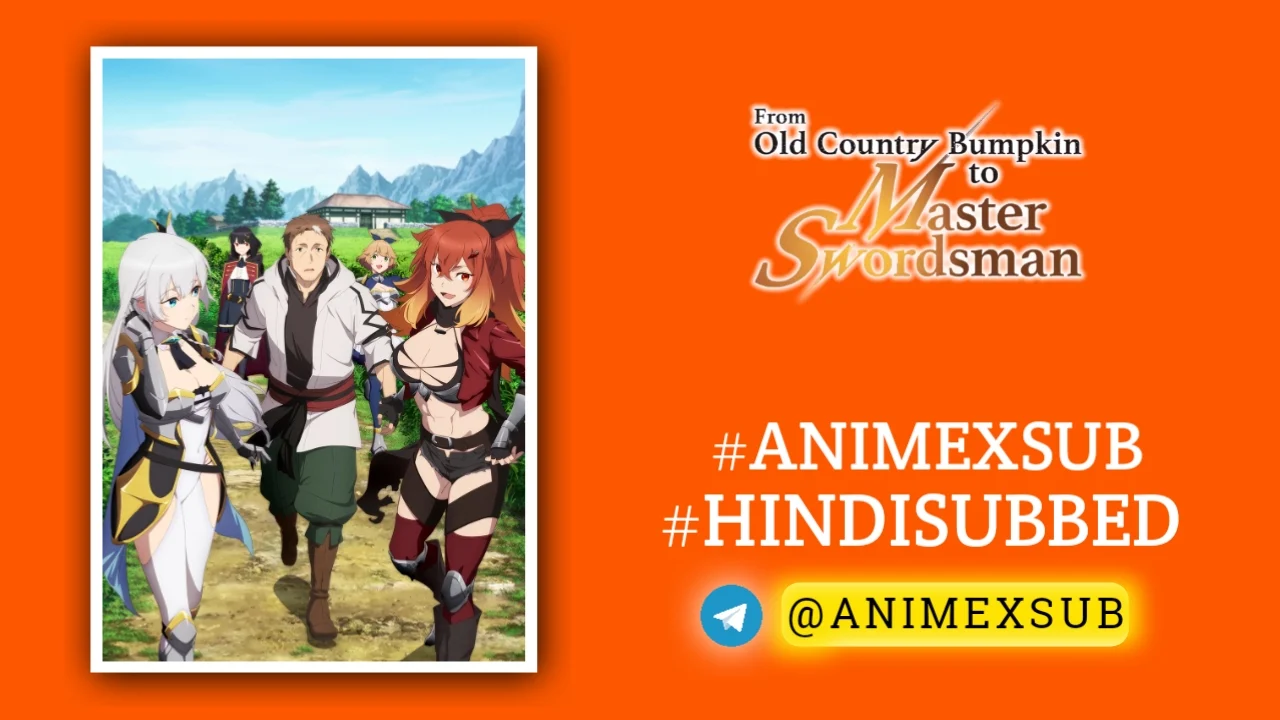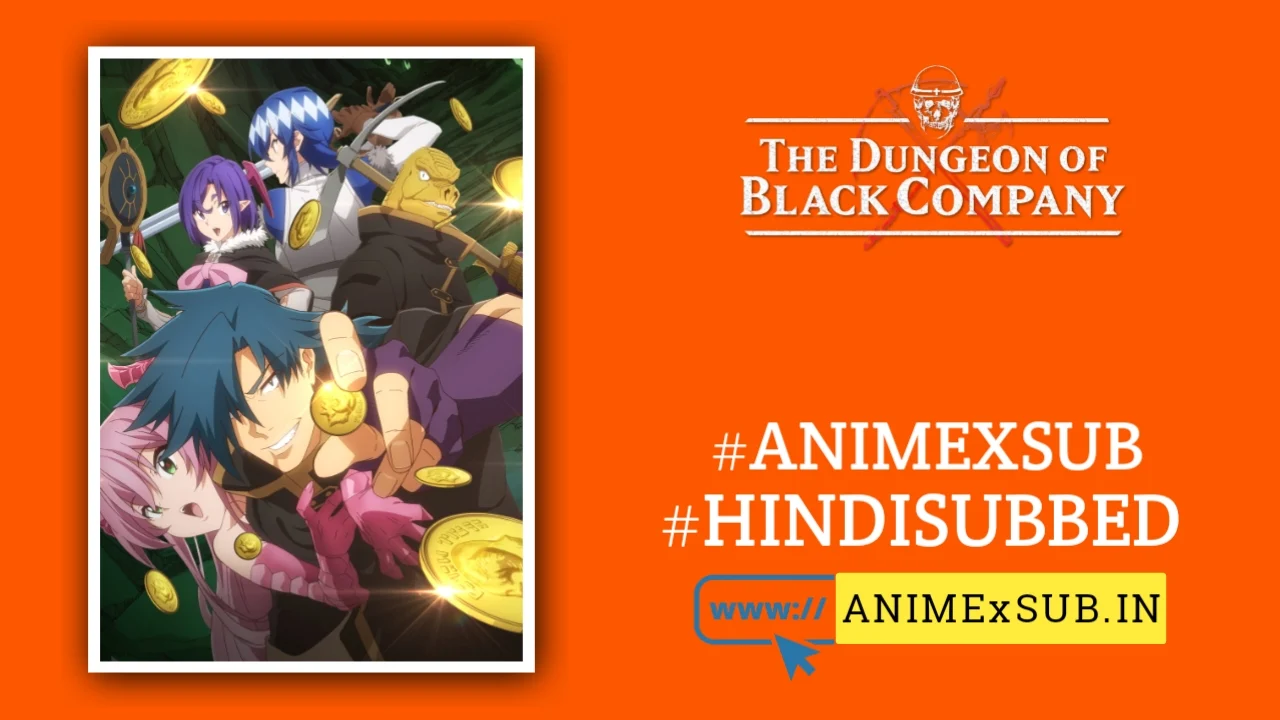
The Dungeon of Black Company Hindi Subbed [12/12] | Meikyuu Black Company Hindi Sub
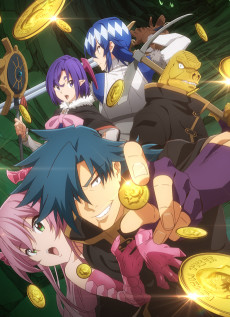
Meikyuu Black Company
The Dungeon of Black CompanySynopsis
Work sucks and Kinji was avoiding it beautifully by investing every penny. Good plan ’til he found himself in a new world…with DEBT! Now under the rule of an evil mining company, avoiding work is gonna be a tough grind. Does he have what it takes to pull off the ultimate workaround on this gig? (Source: Funimation)
Watch Trailer
Characters
Episodes
Descent into Corporate Abyss: Kinji Ninomiya’s Isekai Nightmare
In the shadowed underbelly of a fantastical realm where ancient dungeons pulse with crystalline veins of demonite, Kinji Ninomiya arrives not as a prophesied savior, but as an unwitting cog in a merciless machine. Transported from his hard-earned NEET paradise in modern Japan—complete with a penthouse overlooking typhoon-battered commuters—Kinji finds himself stripped of his wealth and thrust into the grueling labor camps of the Raiza’ha Mining Corporation. This isn’t the typical isekai tale of effortless heroism; it’s a satirical plunge into exploitation, where the protagonist’s disdain for work collides with a world that demands it relentlessly. Season 1 of The Dungeon of Black Company unfolds across 12 episodes, blending absurd comedy with biting commentary on labor dynamics, all while Kinji schemes his way through debt and drudgery.
Labyrinth of Schemes: Unraveling the Episode Arc
The narrative kicks off with Kinji’s abrupt summoning via a cosmic portal, landing him in a medieval-industrial hybrid world powered by demonite crystals—magical ores that fuel everything from machinery to spells. Broke and desperate, he incurs immediate debt for basic survival, forcing him into 16-hour shifts mining the perilous depths of a dungeon. What follows is a whirlwind of episodic misadventures, each building Kinji’s ragtag crew and escalating his anti-corporate rebellion.
Early episodes establish the grind: Kinji, lacking combat prowess, relies on cunning shortcuts through the dungeon, dodging monsters while harvesting premium crystals for quick cash. A pivotal discovery—a hidden passage—leads to a temporary windfall, but it attracts the attention of his exploitative bosses, transferring him to deadlier divisions. Mid-season shifts introduce corporate “training camps” laced with psychological manipulation, parodying real-world bootcamps that break spirits to enforce loyalty. Kinji’s plans backfire spectacularly, from botched alliances with fellow slaves to encounters with a voracious dragon girl who devours his profits faster than he can mine them.
As the arc intensifies, Kinji assembles his “Black Company”—a motley band of misfits—and delves deeper into the dungeon’s layered biomes: from shadowy caverns to lush, sky-bound forests teeming with guardians. Revelations about the dungeon’s ancient monolith and its ties to demonic forces propel the plot toward a climactic takeover. By the finale, Kinji’s manipulations culminate in a corporate coup, transforming Raiza’ha into a subsidiary of his own empire. This season adapts the manga’s early volumes faithfully, clocking in at a brisk pace that prioritizes chaotic humor over drawn-out battles, leaving threads of interdimensional intrigue dangling for potential future arcs.
Misfit Ensemble: Profiles in Dysfunction and Ambition
At the heart of the series’ chaotic energy is Kinji Ninomiya, a blue-haired schemer voiced with bombastic flair by Katsuyuki Konishi. Far from the noble isekai leads, Kinji embodies unapologetic greed; his charisma masks a manipulative core, using mind-control spells and false promises to rally underlings. Yet, his overconfidence often leads to humiliating reversals, humanizing him as a flawed anti-hero who evolves from selfish slacker to reluctant leader. This growth arc, subtle but rewarding, highlights how adversity forges unlikely benevolence from base opportunism.
Supporting the lead is a vibrant roster of eccentrics that satirize fantasy tropes through workplace lenses. Wanibe, the hulking lizardman voiced by Hiro Shimono, appears as a fearsome brute but crumbles into cowardice under pressure—easily swayed by Kinji’s silver tongue, he represents the exploited everyman, manipulated yet loyal. Rim, the childlike dragon girl (Misaki Kuno), brings feral innocence and insatiable hunger, her transformation from monster to ally underscoring themes of unexpected bonds in hostile environments. Shia, a devout corporate zealot (Satomi Satô), starts as an antagonist enforcing company dogma but grapples with moral cracks, her arc delving into the psychology of indoctrination.
Then there’s Ranga, the effeminate mage with a hidden edge, and antagonists like Belza, whose villainous breakdowns expose the fragility of power structures. These characters aren’t deeply psychological portraits but exaggerated archetypes that amplify the comedy; their interactions—filled with betrayals, feasts, and failed heists—create a dysfunctional family dynamic, where loyalty is bought and sold like demonite shares. The ensemble’s chemistry shines in group schemes, turning potential clichés into memorable farce.
Satirical Depths: Corporate Greed Meets Fantasy Folly
Beneath the slapstick lies a razor-sharp critique of “black companies”—Japanese firms notorious for overwork and exploitation—reimagined in a dungeon-setting. The series mocks labor abuses through exaggerated parallels: endless shifts without breaks, debt traps that bind workers eternally, and brainwashing seminars disguised as team-building. Kinji’s journey from victim to overlord flips the script, questioning whether escaping the system means becoming its architect. Themes of perseverance and strategic retreat emerge organically; Kinji’s “retreats” from direct confrontation—favoring deals over duels—emphasize intellect over brute force, a refreshing counter to power-fantasy isekai.
Yet, the show doesn’t preach; it skewers with sarcasm. Wholesome moments, like Kinji’s team sharing meals amid chaos, contrast the grind, suggesting that camaraderie can subvert oppression. Broader motifs touch on capitalism’s absurdities: demonite as a commodity driving industrialization, where fantasy races toil for corporate gain. This next-level fusion of office satire and dungeon-crawling delivers purity in its unfiltered take—no moralizing, just raw, hilarious commentary that feels eerily relevant in a post-pandemic work culture.
Visual and Auditory Alchemy: Crafting the Absurd Symphony
Silver Link’s animation elevates the mundane to the magnificent, with vibrant colors popping against dingy mine shafts and bioluminescent crystals. Character designs stand out—Kinji’s wild mane and Rim’s adorable ferocity avoid generic tropes, while fluid action sequences in dungeon skirmishes blend CGI monsters with hand-drawn flair. Though budget constraints show in static crowd scenes, the overall style is energetic, using exaggerated expressions for comedic beats that rival Konosuba‘s timing.
The soundtrack, composed by Taku Inoue, pulses with industrial undertones: clanging percussion mimics mining hammers, while upbeat rock tracks underscore schemes. The opening “Shimi” by Howl Be Quiet sets a gritty tone, and Humbreaders’ “World is Mine” ending injects ironic pop flair. Voice work is impeccable; Konishi’s bombastic delivery for Kinji captures his larger-than-life ego, while ensemble banter crackles with improvised energy, making even failures feel alive.
Viewer Echoes: A Cult Hit in the Isekai Shadows
Reception for Season 1 has been polarized yet passionate, earning a 6.5 on IMDb and 6.49 on MyAnimeList—solid for a niche comedy, but underrated amid flashier 2021 releases like Mushoku Tensei. Critics praise its fresh isekai subversion: Anime-Planet users call it a “B-tier gem” for breaking stereotypes, while Reddit threads hail Kinji as a “chad among chads” for his un-PC scheming. Some decry the second half’s “nonsense” plotting and obnoxious leads, labeling it cringy or boring, but fans counter that its absurdity is the point—pure entertainment without lofty aspirations.
On X (formerly Twitter), recent posts echo this: users in 2024-2025 still recommend it for laughs, comparing it to Combatants Will Be Dispatched! for dastardly humor. French sites like Nautiljon note its “acerbic anti-boss message,” and Amazon Blu-ray reviews (4.5 stars) laud the fanservice and relatability. Overall, it’s a sleeper hit for isekai skeptics, with calls for Season 2 focusing on Kinji’s global conquests. Its endurance lies in that rare balance: never taking itself seriously, yet subtly profound in its workplace woes.
Echoes from the Depths: Legacy of a Black-hearted Epic
The Dungeon of Black Company Season 1 carves a unique niche, transforming isekai drudgery into a riotous rebellion against the grind. Kinji’s odyssey—from indebted drone to dungeon tycoon—delivers laughs, lessons, and a lingering critique of unchecked ambition. In a genre bloated with saviors, this tale of scheming survivors stands as a testament to wit over might, leaving viewers pondering their own corporate chains long after the credits roll.

